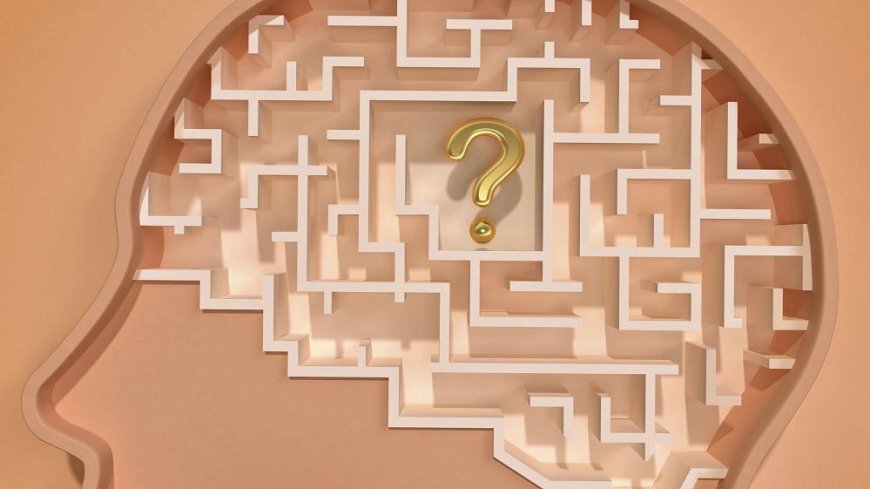How to train short and long-term memory? Effective methods
it is worth checking out our suggestions for simple short-term and long-term memory exercises. How to train short and long-term memory.

Memory exercises performed regularly will make us enjoy a good mind for a long time. For this reason, it is worth checking out our suggestions for simple short-term and long-term memory exercises. How to train short and long-term memory.
Memory exercises - why is it worth using them?
The excess of information that people receive from the media every day contributes to memory impairment. The overloaded brain does not function properly, so the ability to remember begins to deteriorate over the years. Just as physical exercise allows you to stay fit and slim, mental training allows you to maintain good memory, protects against dementia and improves concentration. Memory exercises are recommended not only to elderly people, but also to today's twenty-year-olds, who are particularly exposed to information overload.
Short-term and long-term memory
Short-term memory, also known as operational memory, allows you to keep a certain amount of information for a short time and is essential for functioning in everyday life. Thanks to it, it is possible to make short mental calculations, remember the shopping list, dates of important events, anniversaries, or the names of people with whom we are just talking. Its average capacity is about 7 elements, but it can be easily increased. So let's learn how to train your memory.
In turn, long-term memory is the accumulated knowledge about the world, emotions, words, memories, events and skills. These are all human experiences and a storehouse of information related to his own person. Short-term and long-term memory are closely related. Mnemonic techniques can be used to memorize, store, and retrieve information effectively
How to train short-term memory?
Short-term memory exercises are fun and easy. They are often in the form of games, but mnemonics can also be used to effectively remember, store and recreate information. Check out the three methods we recommend:
memory games - this type of games consists in remembering many elements in a shorter and shorter time, for example collecting pairs of the same cards by making as few moves as possible. They perfectly improve concentration, patience and perceptiveness and allow you to work on reflexes. Memory games are a great method of memory exercises for children, but they can be successfully played by adults and seniors;
Grouping - this method will work when you need to remember a string of numbers - it will be much easier if they are grouped in two. Try this one out and try to remember your PIN, bank account or phone number;
Mnemonics - mnemonics are perfect for training short-term memory. Simple exercises for memory and concentration, such as rhymes, acronyms, rhymes, first letter system and associations, will make you remember important information;
Must Read: How to write a professional CV for your first job?
Repetition - the role of repetition was discussed in the artical about the methods of fast and effective learning. This technique helps to extend the amount of time information is retained in memory. It is worth repeating aloud because we remember sounds much faster than pictures. Ideally, the number of items (e.g. on a shopping list) should not exceed seven.
How to train long-term memory?
Remembering in the case of long-term memory requires greater commitment, concentration and patience. Here are examples of effective long-term memory exercises:
Developing manual skills - needlework, drawing, painting, creation;
- Learning new languages;
- Crosswords solving;
- Traveling and learning about new cultures;
- Deepening your knowledge in various fields.
Proper amount of sleep is extremely important for long-term memory, thanks to which it is possible to organize and strengthen the information obtained. It is for this reason that one of the most common mistakes made by pupils, learners and students is studying at night.
